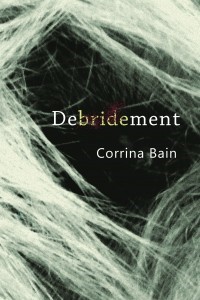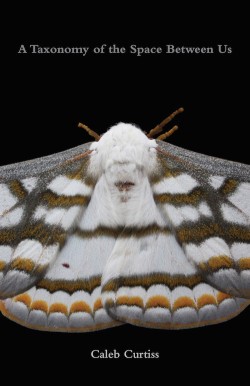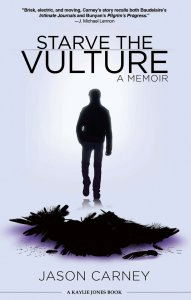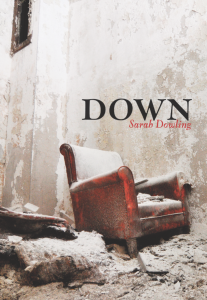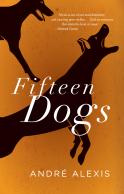98 pages, $16.00
Review by Jay Besemer
One risk with the personal review is that one’s own experience insists on taking up space in a conversation about someone else’s work. But a book like Corrina Bain’s first full-length poetry collection Debridement demands a greater degree of transparency and subjectivity in a reviewer. So here’s my little bit of space in this conversation: I am a transgender man, moving through a “transition” that will actually continue through the rest of my life, as my middle-aged, chronically ill body continues to work with the testosterone that has saved me. I experience and write about Debridement from that highly embodied, complexly irreducible subject position. It is not the same position as Bain’s gender non-conforming one, and that also needs saying, because these nuances of position are at once subtle, mobile, difficult to navigate and vitally important.
This means I am not the same reading (or writing) person I used to be. My previous version would have been uncomfortable weighing in on a book whose violence is both unapologetic and necessary. For that’s what Bain’s book is—violent and necessary, and violent by necessity. I’m not talking about the violence of content, though there is that kind of violence in these poems. I’m talking about a surgical violence. A radical, invasive disruption of one’s person and body for healing purposes. Only here, the poet is not telling readers about a healing trauma (or about healing from trauma). In Debridement, Bain is both holding the knife and under it. He is cutting away his own dead parts as well as ours. And make no mistake: we need this. Continue reading
![[PANK]](https://pankmagazine.com/wp-content/themes/pank/assets/images/pank-logo-large.png)

